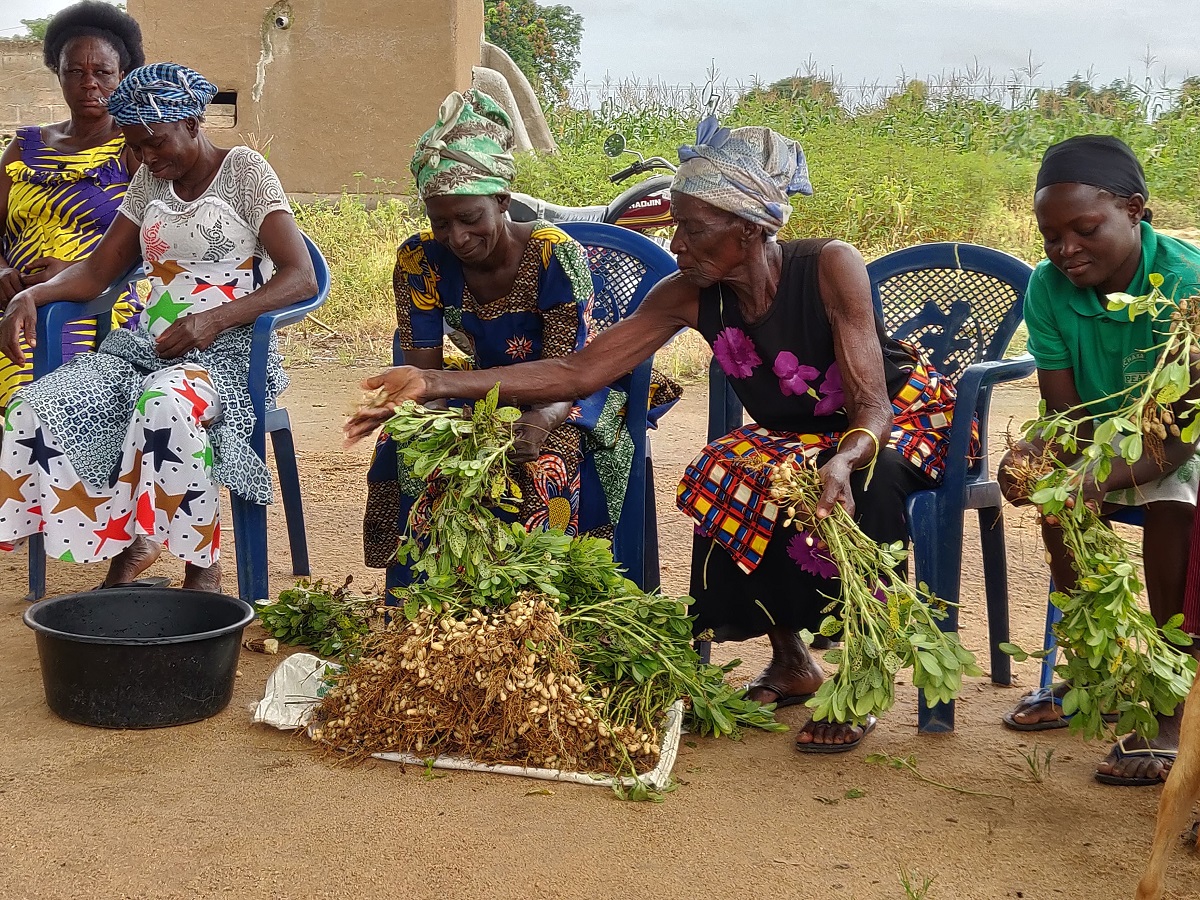
Malnutrition refers to deficiencies, excesses, or imbalances in a person’s intake of energy and/or nutrients, as defined by the World Health Organization. Undernutrition can be defined as an insufficient intake of energy and nutrients to meet an individual’s needs to maintain good health. This form of malnutrition includes underweight (low weight-for-age), wasting (low weight-for-height) and stunting (low height-for-age). Stunting is the result of chronic or recurrent undernutrition which holds children back from reaching their physical and cognitive potential. Globally in 2020, 149 million children under 5 were estimated to be stunted.
Accelerating progress in the fight against malnutrition requires improvement in the design of nutrition policies and programmes. The European Union’s commitment to nutrition is to support partner countries to reduce the number of stunted children under the age of five by at least 7 million by 2025. Effective monitoring and evaluation (M&E) of EU programmes can contribute to achieving this nutrition commitment. NRI is a partner in the ‘Knowledge and Research for Nutrition’ project of the European Commission which aims to provide improved knowledge and evidence for policy and programme design, management, and M&E in order to reach better nutrition outcomes.
The project has established a Nutrition Research Facility (NRF), implemented by Agrinatura – the European Alliance on Agricultural Knowledge for Development –an association of 35 universities and research institutes in 16 countries in Europe who are committed to support agricultural development in a sustainable manner in order to improve people’s lives. An NRI team, as part of the NRF, is leading the work package on delivering technical and statistical support to the M&E of the programme’s progress and performance at field level. As part of this facility, NRI is engaging at early stages in EU programme designs and is offering flexible, interconnected and demand-oriented support in three areas: planning, implementation and learning. This work will include the development of impact pathways and theories of change; the design of M&E frameworks, systems, assessments and evaluations to track programme impacts on nutrition; performance analysis and process evaluation; capacity building of programme teams; collation of M&E evidence and production of best practice compendiums; and promotion of M&E-related learning across stakeholders through knowledge exchange and peer learning.
The NRF is currently supporting the Indian Ocean Regional Programme on food and nutrition security, managed by the Mauritius and Seychelles European Delegation. The NRF is also providing M&E technical support to the EU programmes in Mauritania, north-west Africa. The NRI support, as part of the NRF, has the potential to contribute to improved knowledge and evidence for better tracking of nutritional benefits of policies and programmes at field level, which can consequently contribute to improved design and management of the EU programmes.

